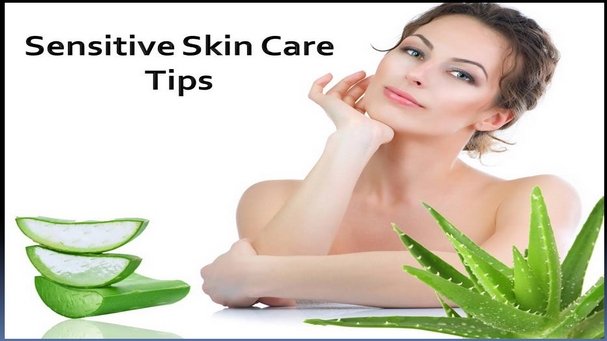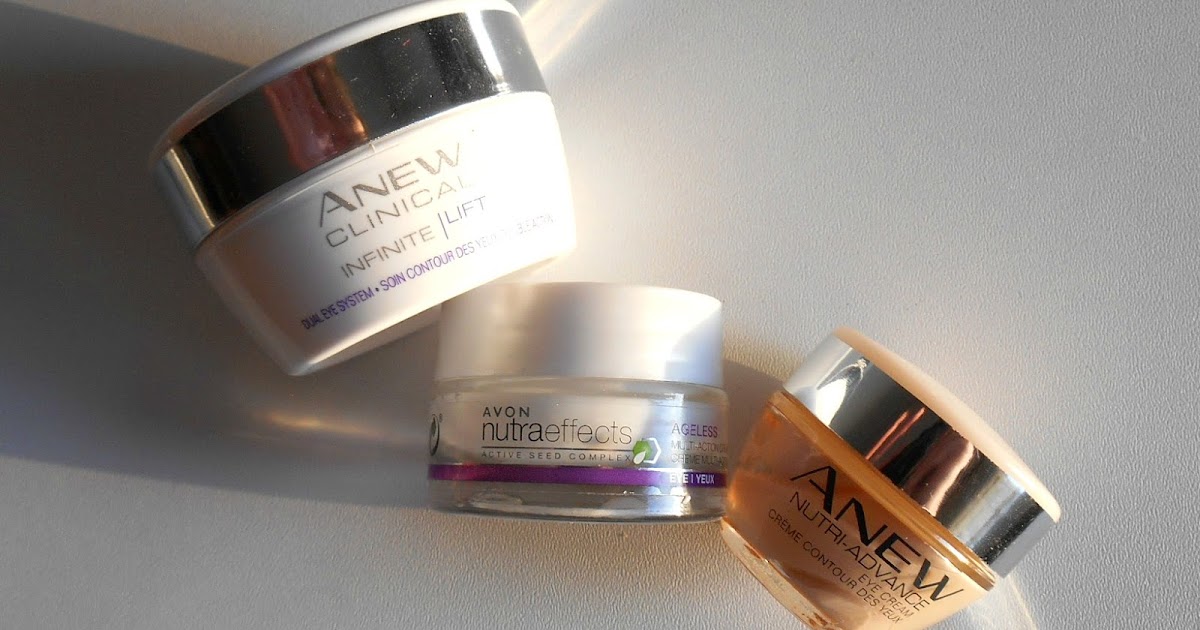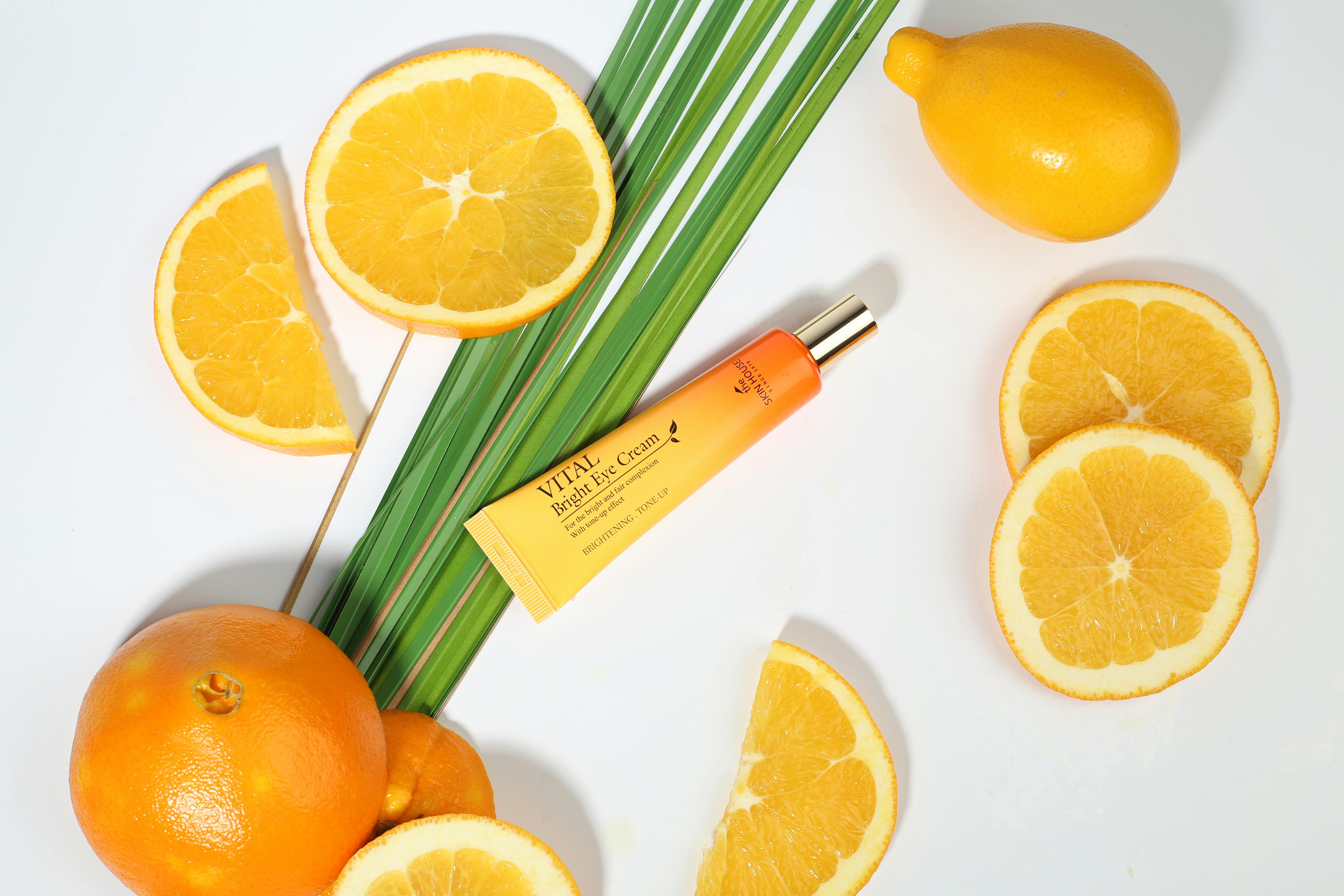
Having highly sensitive skin and eyes is like being on an endless game of guessing. A product which is meant to be kind can then cause your skin to sting or your eyes to tear abruptly. The area around the eyes, in particular, is sensitive and vulnerable to responding, so finding a product for the eyes that really works without irritating further is as good as a mission impossible.
I’ve spent years getting it right. I’ve tried hundreds of creams: some from name brand chain pharmacies, others from specialty natural stores, and even a few prescriber ones from dermatologists. Most irritated, flamed, or simply failed to do anything. But through trial and error, I did ultimately discover a few simple truths about taking care of my skin.
Here’s what I learned and what I wish I’d known from day one.

1. Know What Sensitive Skin Truly Requires
When others mention sensitive skin, they tend to envision a light rash or redness. But it’s more than that. Sensitive skin is sensitive to everything changes in weather, clothing textures, the quality of one’s sleep, stress levels, and even plant based skincare products that appear harmless.
The skin under your eyes is especially vulnerable because the skin in this area is thinner than any other part of your face. It has fewer oil glands, so it is drier, more sensitive, and more likely to be damaged. To reach this point, whatever you apply under your eyes needs to be mild yet powerful.
It’s not so much avoiding harsh chemicals that many “natural” ingredients are just as capable of being problems. Fragrances, essential oils, and even some preservatives in organic offerings can be troublemakers. And once your skin’s barrier is compromised, it’s even harder to locate products that won’t irritate or make matters worse.

2. Choose Ingredients That Get Along With Not Against Your Skin
Once I came to the understanding that my skin wasn’t being “finicky” but just needed to be treated differently, I started looking into ingredients. It became my practice to research everything listed before even trying a new product. That way, I knew some of the ingredients that always worked:
- Niacinamide: This has made a difference. It calms inflammation, tones the area evenly, and strengthens the skin barrier. It also reduces the appearance of dark circles with regular use without aggravating the skin.
- Hyaluronic Acid: This molecule is essentially a water attracting magnet. It draws in water to the skin and plumps the zone under the eyes, making fine lines appear less deep and skin more slippery.
- Peptides: These small pieces of protein instruct your skin to produce more collagen. Tighter, more resilient skin is the outcome of increased collagen something delicate eyelids underneath can desperately use.
- Caffeine: In moderation, caffeine can diminish puffiness and give your eyes the look of being more awake. It is especially beneficial in the morning.
- Vitamin C (low level): While high levels of vitamin C annoy sensitive skin, small amounts along with calming agents can brighten the area around your eyes and give antioxidant protection.
- The best thing I’ve discovered: “fragrance free” does not always equal “smell less” but it ought to. Always double check for artificial or even “natural” fragrances. They’re often the culprits behind unexpected flare ups.

3. How You Apply Products Matters More Than You Think
How you apply an eye cream can make it work better or worsen the irritation of your skin. I used to swipe and rub the product on my skin like a moisturizer without realizing pressure and friction can weaken the skin barrier further.
Now, I use just a tiny pea sized amount, heat it up slightly between my fingers, and pat it under my eyes with my ring finger. That is the finger that applies the lightest pressure. There are also creams that have a cooling applicator tip on them those are especially great for puffiness and have a soothing sensation if your eyes get easily irritated.
Another important thing to remember? Don’t place eye cream directly beside your lash line. That area tends to seal in product and can lead to burning or watery eyes.

4. Stress Consistency and Long Term Care
It’s easy to want to search for instant results with a new product especially when your skin is stinging. But the reality is, long term change takes time.
I didn’t see real changes overnight. It was only after a number of weeks, using the product daily, that I saw my under eye region less puffy and dark circles fade away. It’s so much better to stay with a product that works (and doesn’t irritate your skin) than to keep going back and forth from trend to trend.
Also, don’t miss sun protection. The skin around the eyes is thin and prone to sun damage that can worsen discoloration. Try a mineral sunscreen with zinc oxide. It’s gentle enough for the sensitive area around the eyes and stops further damage.

5. Small Lifestyle Tweaks That Support Skin Health
Skincare isn’t just for your bathroom sink. I saw noticeable differences after altering a few of my habits habits I hadn’t even consciously considered.
- Switching to a silk pillowcase: Cotton causes friction, which can form fine lines and irritation. Silk is gentler on the skin and keeps your face smooth and cool while you’re sleeping.
- Nighttime use of a humidifier: This is especially helpful for winter or dry weather. A little bit of additional moisture in the air works miracles to avoid drying out the skin.
- Eating more omega 3s and antioxidants: I started incorporating more foods like salmon, walnuts, blueberries, and greens into my diet. Over time, my skin started to feel less sensitive and healthier.
- Drinking plenty of water: It’s simple advice, but it really does help. Hydrated skin is more resilient and shows fewer signs of fatigue or dullness.
- Using sunglasses and hats outdoors: This may seem basic, but protecting your face from UV exposure helps preserve all the hard work you’ve put into your skincare routine.

6. Embrace the Process Even the Setbacks
Finding the good eye cream or any skincare product, for that matter was a process. You’ll have some flops. I did. Some products that were great for other individuals burned my eyes or parched and flaked on my skin.
Still, each error made me more conscious of what my skin needed. Over time, I appreciated products that were dermatologist tested, free of useless additives, and inclusive of calming, moisturizing ingredients.
Occasionally the best advice I ever received was the most obvious: Listen to your skin. If it doesn’t feel right, stop using it. If it feels great, be patient.

7. Final Thoughts: Nourish and Respect Your Skin
The right eye cream is not a beauty fix it’s an expression of care. It’s choosing something that is compatible with your skin rather than attempting to wrestle it there. Once I found a formula that worked light, hydrating, and calming I stopped waking up with puffy spots or red eyes. My skin was tranquil, appeared healthier, and best of all, I wasn’t in perpetual search of the next miracle fix.
If you have sensitive skin, don’t worry, you’re not alone. With some patience, research, and staying committed to making gradual changes, you can discover a routine that feels good for your skin rather than pitting it against it.
Your skin longs for gentleness be generous to it, and it will reciprocate.




